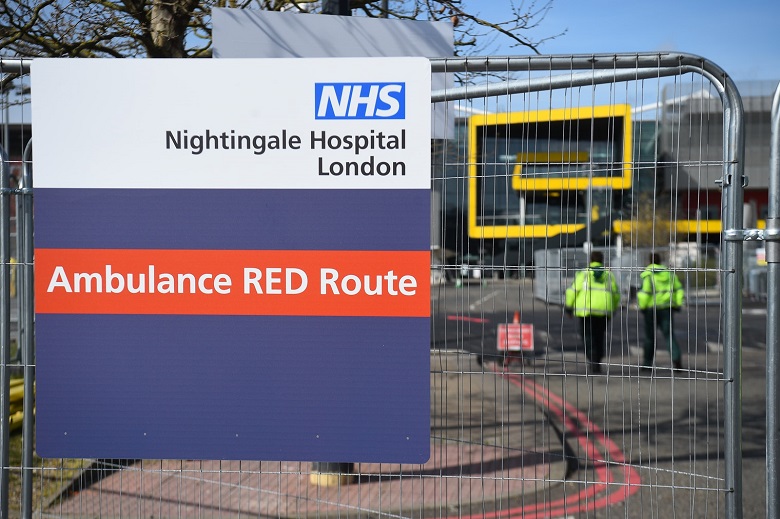Coronavirus: Thames Water protecting hospitals and care homes
Monday 6th April 2020 12:00

Specialist Thames Water engineers have been working behind the scenes to protect hospitals, care homes and the newly opened NHS Nightingale Hospital from supply interruptions during the coronavirus pandemic.
Working with facilities teams at 175 hospitals and care homes across London and the Thames Valley, the company has strengthened contingency plans to maintain essential water and wastewater services.
This has involved checking the internal water storage capacity at hospital and care home buildings and establishing where tanker trucks can park to deliver clean water in the event of an interruption.
James St Jean, Thames Water operations specialist, said: “It’s really important we help our fellow key workers in the NHS and care sector, who are working hard to take care of patients and vulnerable people during this challenging time. By working closely with local hospitals and care homes now, we’re ensuring we can respond faster to any incidents that occur during the outbreak and help keep these critical services running.
“Continuing to provide clean water for hand washing and hygiene and taking away wastewater is vital for public health and we’re completely focused on keeping the taps flowing throughout this unprecedented outbreak.”
James has been leading the company’s work to support NHS Nightingale Hospital. The converted hospital in the Excel Centre in London, which opened on Friday, April 3, is initially providing up to 500 beds equipped with ventilators and oxygen for patients with coronavirus. It is set to treat up to 4,000 patients when fully operational.
He added: “Everyone involved in setting up NHS Nightingale has been fantastic, and we’ve pulled together to get it operational and ready to look after patients.”
People will continue to see Thames Water engineers in the community during the coronavirus outbreak after the government classed water company staff as key workers.
It means Thames Water staff and contractors, who cannot fulfil their roles from home, will be out working in roads and at water and sewage treatment sites maintaining essential services, and in the company’s control and customer centre offices, in line with official health advice. Non-essential work, such as meter readings, have been reduced.
In addition to strengthening NHS Nightingale’s water and wastewater network, James and his team have installed extra water hydrants around the new hospital site so Thames Water can quickly deliver water from tanker trucks in an emergency.
The condition and location of region-wide assets have also been checked, such as valves which can change the direction of the water flow in underground pipes to help maintain supplies.
